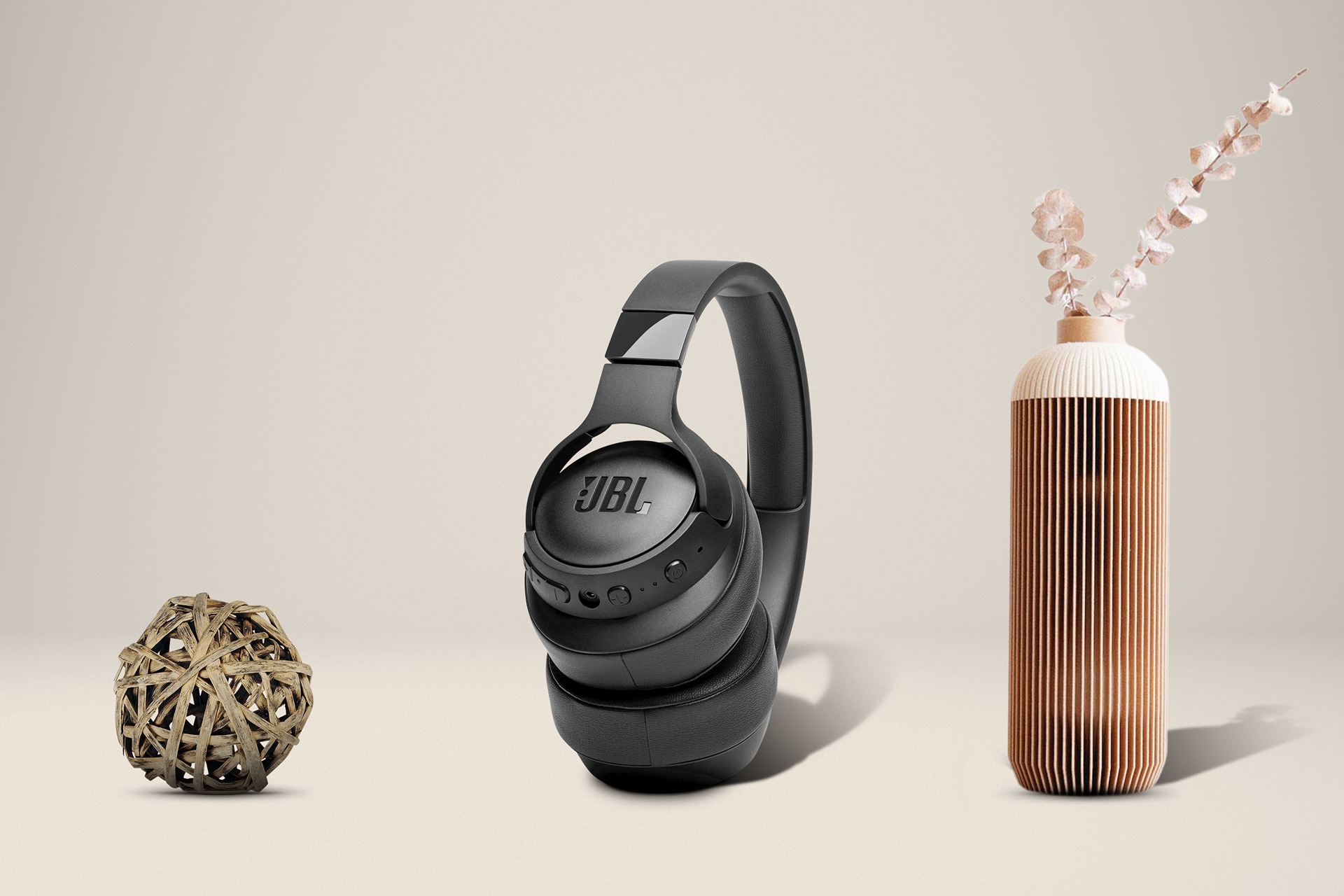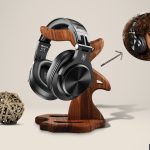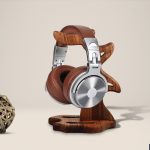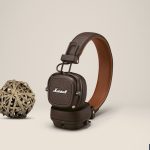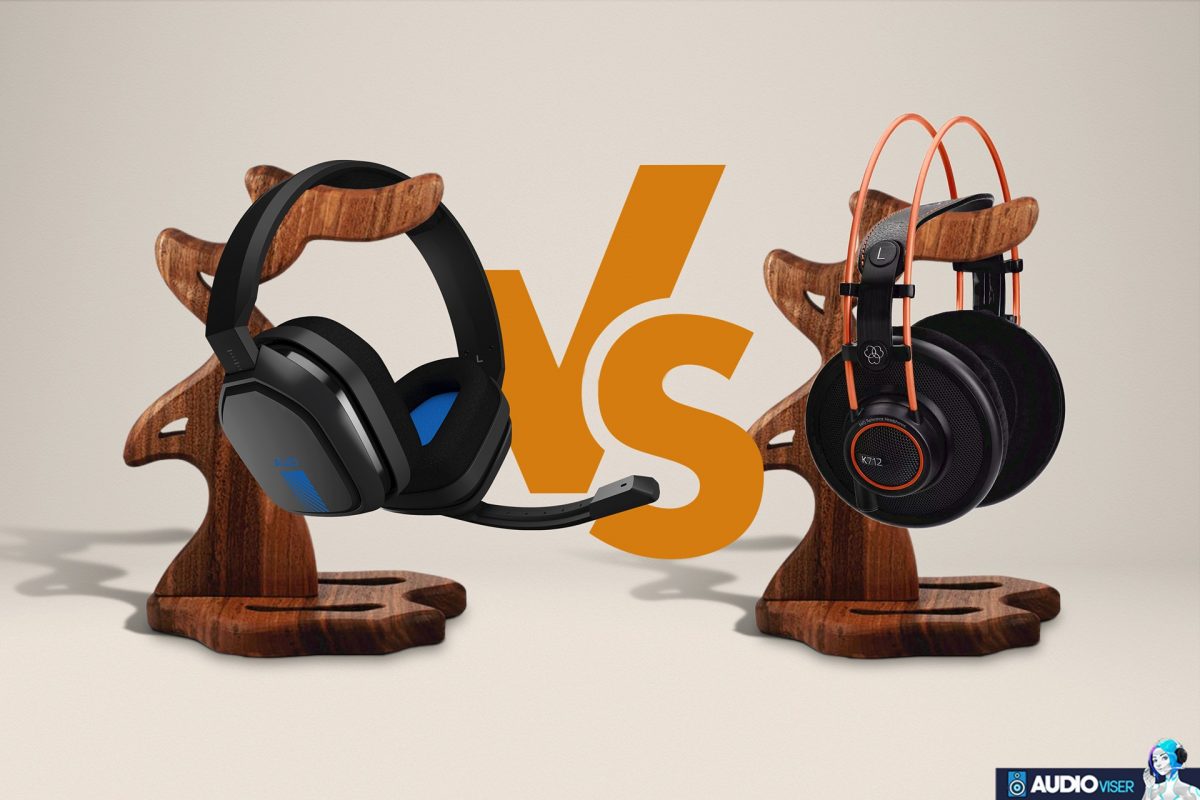
Since I began writing articles, each day has presented a different challenge for me, which I love and value. I get an intriguing sense of enjoyment from it. I typically keep myself prepared to respond to any inquiries from my readers and keep you updated on anything in which you express interest. The same will apply to this article, which I thought to be intriguing.
To be completely honest, I never imagined that studio headphones and regular headphones would differ from one another. I’m sure that many of you who read this essay feel the same way. But as you will see once I begin explaining this instance, there are a startling number of variances between them.
I am sure that we use headphones frequently in our daily lives. However, none of us have ever considered the possibility that there are other kinds of headphones that are utilized in audio studios. Right, a pair of headphones is a pair of headphones. But in all honesty, it’s not like that. Normal headphones won’t work for your purposes if you want to get a set of headphones for your home studio since they differ significantly from studio headphones in several ways.
As usual, I talked more than was required to provide a basic introduction, so now I want to start telling you what you want to read and providing you with all the facts you want so you can understand clearly why they differ significantly.
General Information about the Headphones
Before we dive into more depth, here is a little explanation of what these headphones are. Hopefully, it will help you to comprehend some of the minor distinctions between them.
Studio Headphones
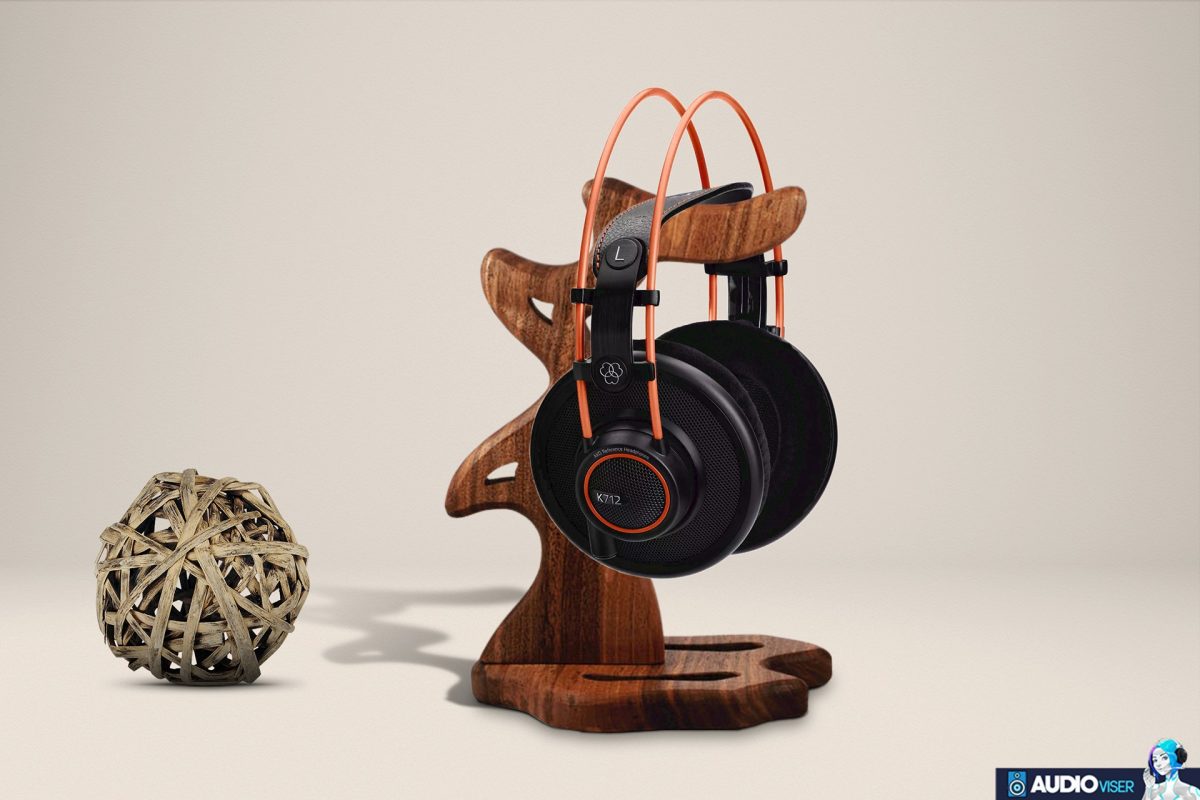
These headphones were created with a specific function in mind, as implied by their name, and are not the same as the everyday headphones we wear. Studio headphones have sound characteristics that are best suited for recording mixes and are typically used in studios or home studios for professional work. Special studio headphones are made by a variety of companies, including Sony, Audio Technica, Beyerdynamic, Shure, and others. These headphones are renowned for being the most adaptable and are frequently used by experts.
Normal Headphones
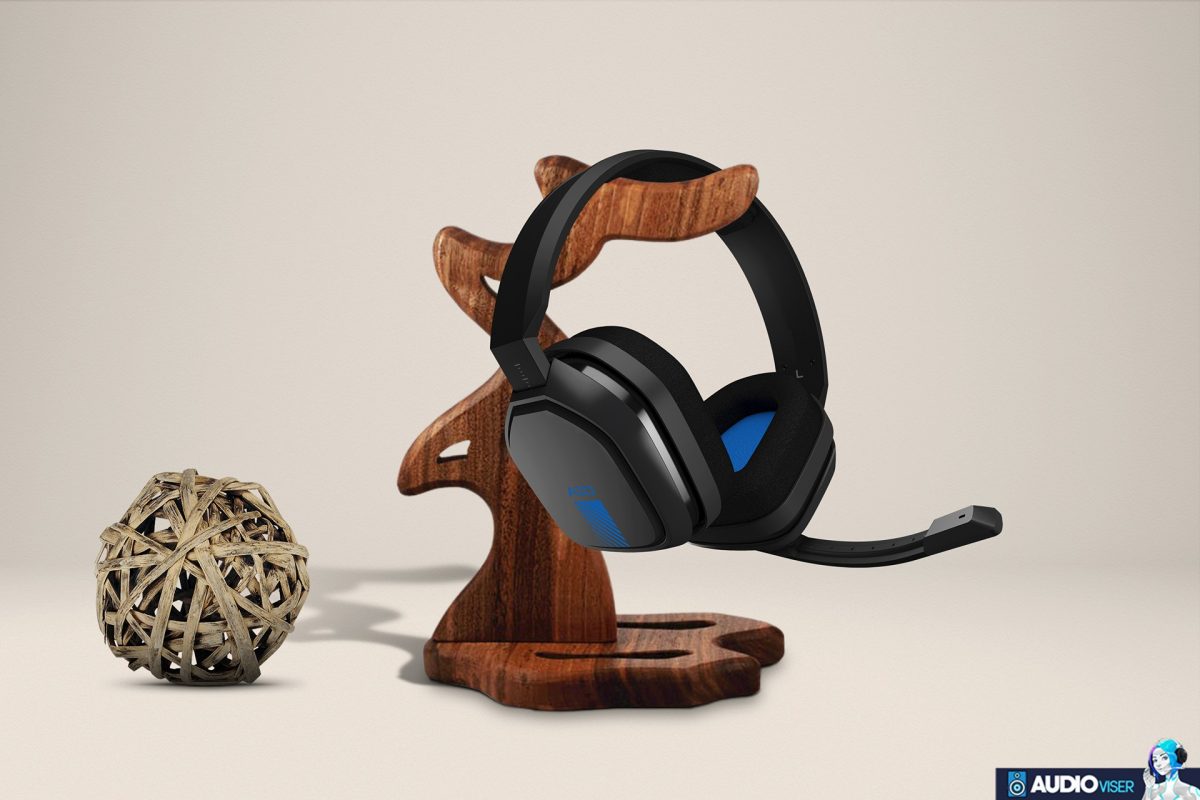
These headphones are likely extremely recognizable to the majority of us because we frequently use them. Normal headphones are not intended to be accurate; rather, they are intended to produce nice sound from the music. Compared to studio headphones, the sound from these headphones is improved and more unique. Therefore, the primary goal of conventional headphones is to satisfy listeners rather than producing music with the precise sound that experts want.
Studio Headphones Vs Normal Headphones – Which One To Pick – Head-to-Head Comparison
Design and Build Quality
I have long argued that the build quality of headphones is crucial since the materials from which they are made have a significant impact on their quality. Let’s now examine the variations in construction between normal and studio headphones.
Is it true that everyone desires a set of sturdy headphones? The studio headphones are made to be durable, which is a crucial feature given that they are used by professionals and in studios, where they should be able to withstand field recording activities. Perhaps you believe that the headphones’ rugged construction makes them appear bad and difficult to use, however, this is erroneous. The ear cups and headbands of studio headphones are specifically built of metal, which makes them more sturdy and long-lasting. Of course, they occasionally utilize plastic materials, but we should keep in mind that they are of the finest quality.
When we switch to normal headphones, it’s clear that the build quality is less significant than the design since we want our headphones to complement our style and attire. They also manufacture high-quality materials, but most headphones utilize plastic, which is very different from studio headphones. Normal headphones don’t have visible cords, and they also cover all of the screws. Although they continue to be comfortable and have good sound quality, the design of conventional headphones is what matters most, followed by everything else.
Connectivity
We need our headphones to connect quickly to whatever device we use, thus connectivity is a crucial concern. Let’s check to see whether these two types of headphones have any different connection characteristics.
We should take into account the fact that most studio headphones are wired. Through their cords, these headphones link to your gadgets. The XLR-style connector is the most used connection type for studio headphones. They typically come with two detachable cables, measuring 1.8 and 3 meters in length, which attach to the underside of one ear cup via a special XLR connection and often terminate in either a 6.3mm stereo jack plug or a 3.5mm stereo mini-jack on the other end.
In contrast, we can currently state that the majority of normal headphones link wirelessly to other devices using Bluetooth. We don’t have to worry about the obtrusive cords. They often utilize the most recent Bluetooth version, and since you may connect to any device that supports Bluetooth connection, it is obvious that there won’t be any connection problems. There are also wired standard headphones, which link to other devices through cables, although the majority of people don’t seem very interested in them.
Sound Quality
The sound quality is a lifesaver. Apart from anything else, the sound quality of a set of headphones is what matters most since we are all more interested in what we are listening to than anything else. The sound quality of the studio and regular headphones undoubtedly differs in several ways. I’ll demonstrate the differences for you.
Have you ever considered the function of a pair of studio headphones? Now, let me tell you. These headphones are designed to deliver correct sound, and by accurate, I mean the true, organic sound, so you can hear what you’ve captured. The wide and flat frequency response that studio headphones have is essential because it allows them to pick up every detail in high or low frequencies, which will result in more accurate and balanced recordings. You may hear every fault in the recording since these headphones tend to be more detailed.
We don’t require that precise tune and don’t have it on regular headphones. Normal headphones are designed to produce fantastic sound, not neutral sound so that listeners would be happy and content with what they hear. Normal headphones have a limited frequency response range, which prevents them from picking up every detail in the low and high ends. Since of this, we receive a less detailed sound with no distortion because it is not a neutral sound. However, if we take into account the fact that we listen to music in our daily lives, there is no need to achieve a neutral sound; instead, we just want to get the best sound we can so that we may appreciate what we are listening to.
Studio recording, mixing, and mastering all require studio headphones. They are rarely suitable for DJing, but their sound isolation and flat, accurate, and detailed sound response are crucial for music production.
As a result, studio headphones typically come in a variety of categories for various uses.
Open-back headphones are used for mixing, while closed-back headphones are used for monitoring, recording studio voices and instruments, and tracking.
Final Words
My article comes to a close now, people. I never imagined that I could compose this much for a studio headphone and some normal headphones. You’ll see that this article has a lot of intriguing information for you when you read it. I’m confident that I did my best to fairly compare these two styles of headphones. There are numerous distinctions, and you should make your decision based on your needs.
I’m hoping this article may assist you in making a choice. Many more articles are coming, so stay tuned.
Further Reading
For superior studio quality music production, check out planar magnetic headphones, low impedance headphones, and budget-price studio headphones under $200
If you wondered what’s the difference between studio headphones and gaming headphones, this article is the right address.
Sound Technician
I’m a sound technician, ensuring that your events and shows are heard loud and clear. Crafting audio broadcasts, studio recordings, and live mixes with finesse to provide the best quality sound experience.

